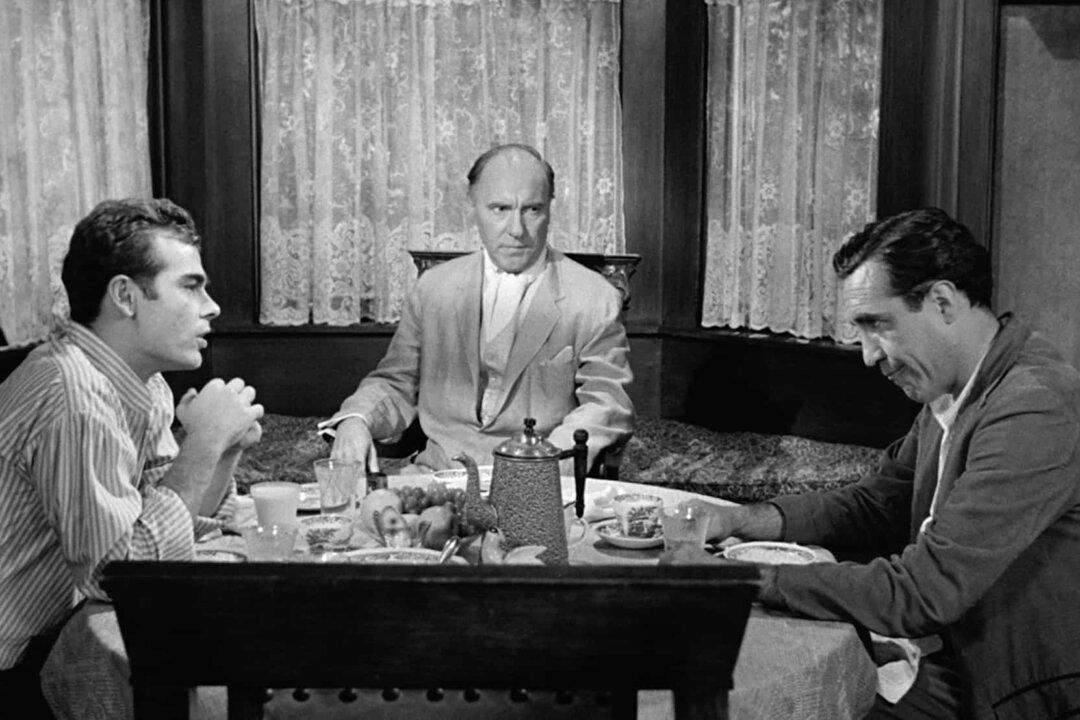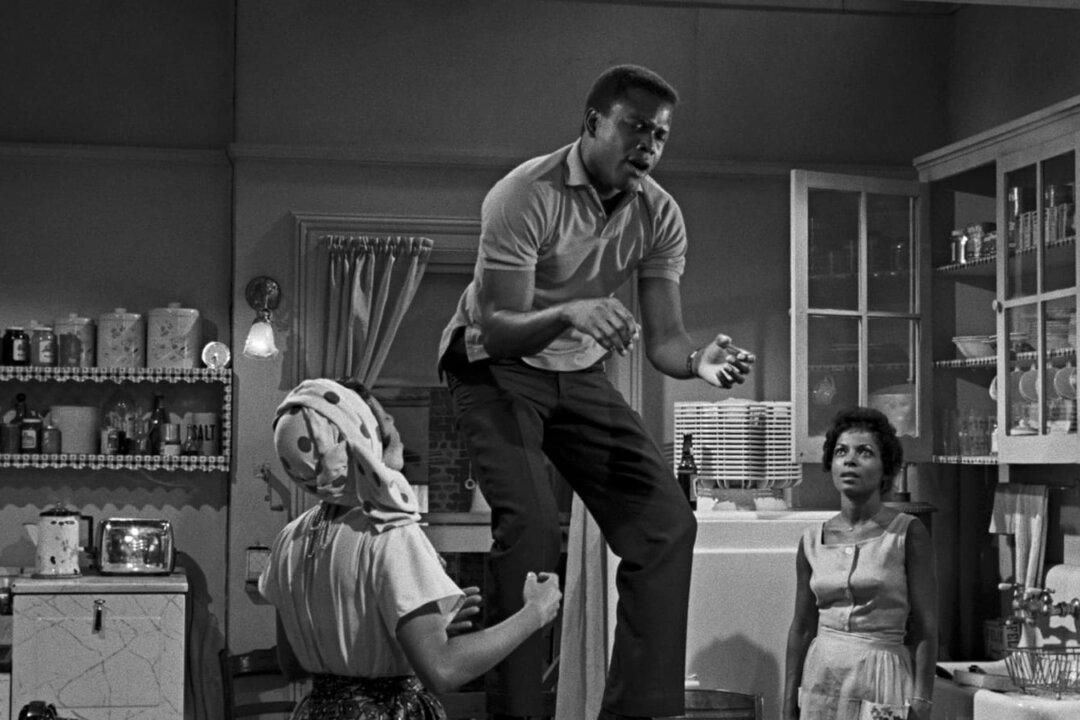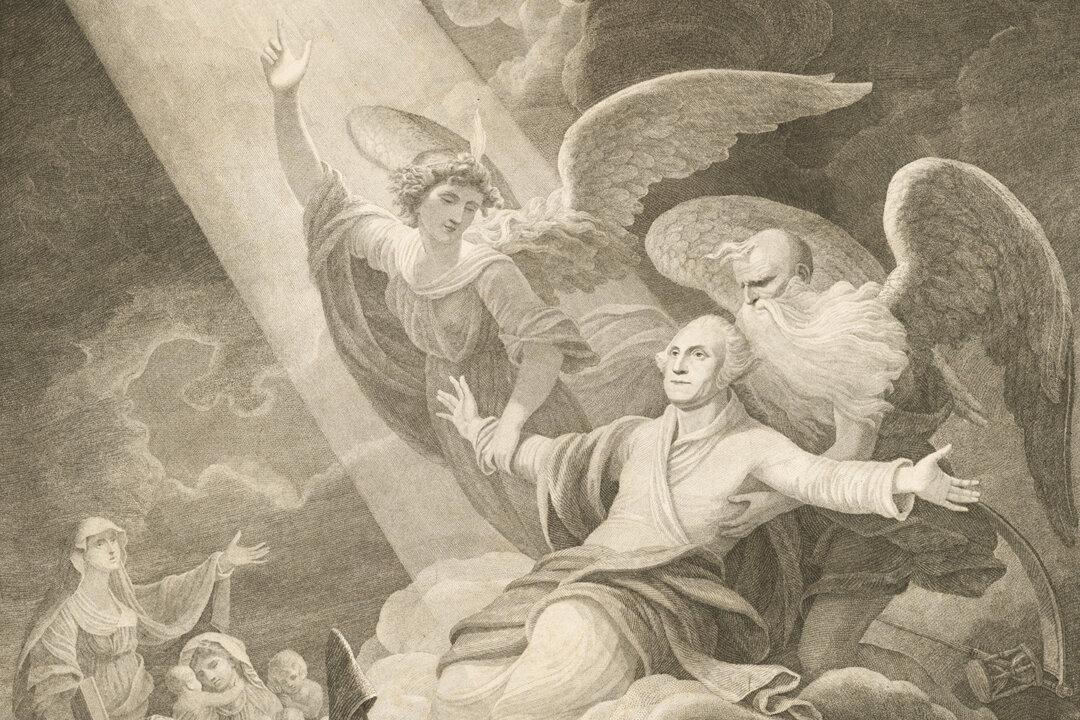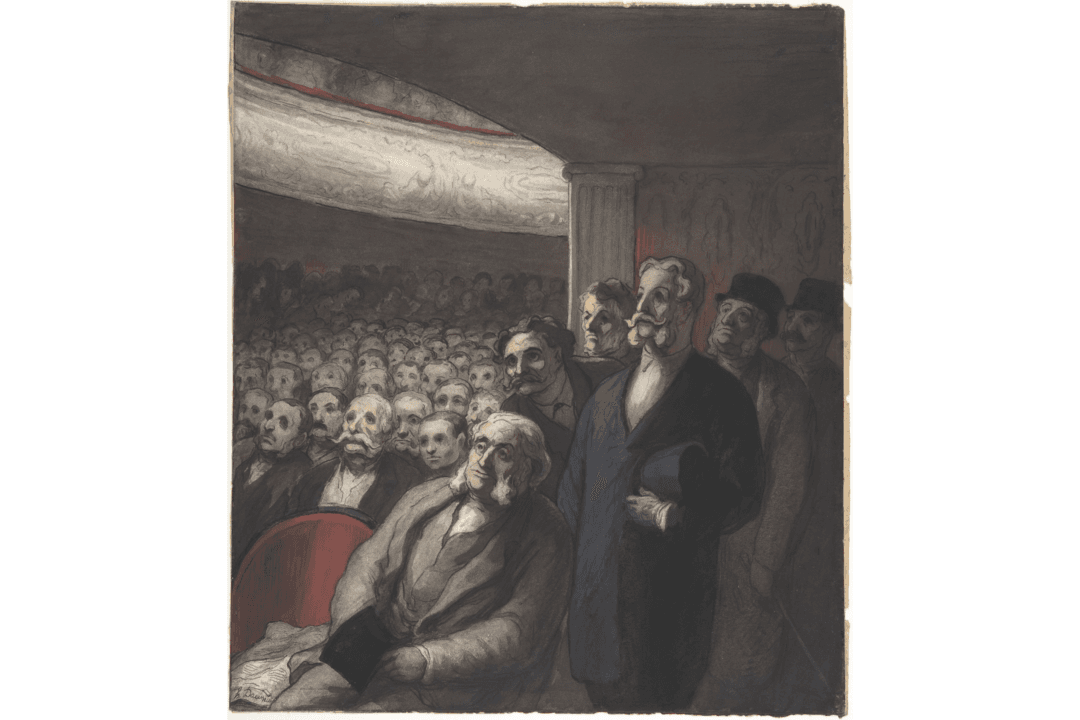How very fortunate we are that American playwright Eugene O’Neill’s widow, Carlotta Monterey, disregarded the wishes of her late husband and had “Long Day’s Journey Into Night” published in 1956, just three years after his death and not the 25 years that O’Neill himself requested. It means we had the pleasure of arguably America’s greatest tragedy for many more years than the playwright anticipated.
O’Neill’s masterpiece tells the story of his real family, whom he casts as the Tyrones—his actor father (James), drug-addicted mother (Mary), reckless older brother (Jamie), and gravely ill O’Neill himself (Edmund)—over the course of one day, sunrise to midnight, in August 1912.






